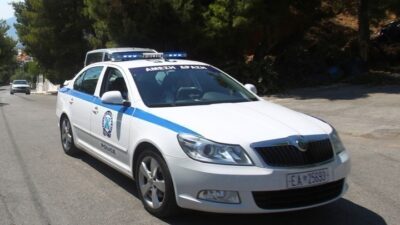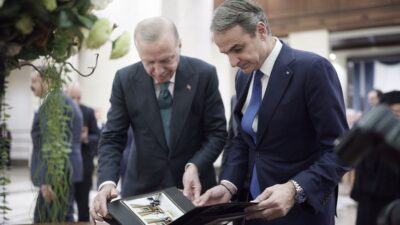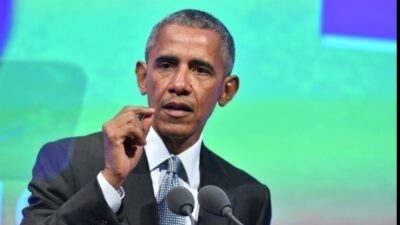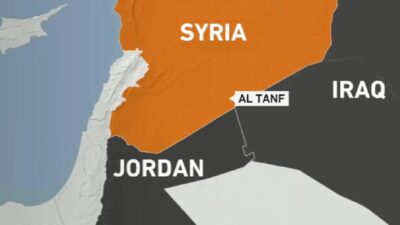Stavros Lygeros: How to sever the ‘Gordian Knot’ of immigration – Asylum, borders and NGOs
11/09/2020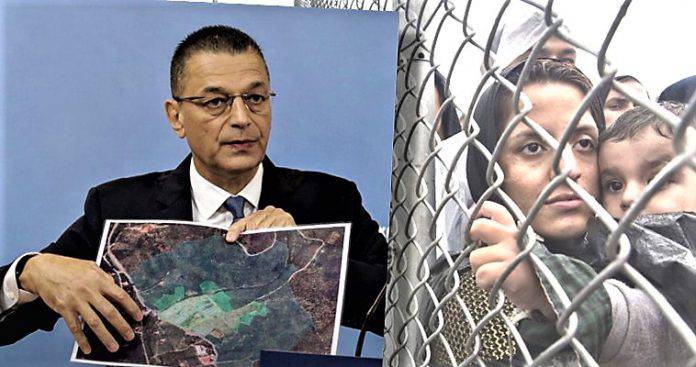
With the fire and the extensive incidents in the Moria asylum seekers camp, which don’t seem to be in remission, the “Gordian Knot” of immigration has returned to the fore. The problem is evolving into a nightmare not only for the local communities of the islands, but for Greece as a whole. And yet, this “Gordian Knot” can be broken, provided there is the corresponding political will.
The Tsipras government may have worsened the situation with its ideologies, but the lack of an elaborate effective immigration strategy goes further and continues today. The facts show that the current government is incapable of acting effectively. At present, with an Act of Legislative Content, it designates areas on the islands for the construction of closed centers, causing a deep rift in its relations with the local communities on the islands.
In my article in “Kathimerini” (April 1, 2012) I had submitted specific proposals, which I think retain their value today. The problem can only be addressed if the strategy is based on the principle of zero tolerance for illegal immigration.
A state has the right and obligation to choose who will enter its territory and much more it has the right to choose which foreigner to grant citizenship to. The decisive criterion in the granting of citizenship should not be the time of stay in Greece, but the cultural compatibility of a foreigner with Greek society, ie his ability to integrate. With this criterion, then, the State has reason to grant Greek citizenship mainly to Eastern Europeans who are in Greece.
Weeding out applications
The key is to quickly look at the tens of thousands of accumulated asylum applications (they had reached 100,000 at some point), so that it is clear who is eligible for asylum and who is not. Today, applicants are protected from deportation until this is considered. Even those who have no hope of being granted asylum, apply, because that way they remain legally in Greece for several years, because the examination of their application is delayed for years.
The settlement of applications can be done by eliminating unnecessary procedures and by setting up all the committees required on the one hand to examine the accumulated applications, on the other hand to process within 2-3 months each new application. Increasing the number of committees is not enough to achieve this. Their multiplication is required, in combination with the preliminary work done by private lawyers.
Relevant officials need to set up as many committees as needed for this clarification process to come into being. I have suggested using court and civil servants with a law degree who have retired in the last five years. Many would respond if they were given an allowance in parallel with their pension. The law that stipulates that every pensioner who works is automatically deprived of his pension must change in this case.
If the huge volume of pending asylum applications is scrutinized, it will be clear who is eligible and who is not. The next step will be the deportation to Turkey of those who are not entitled to asylum, as provided for in the Euro-Turkish agreement of 2016. If Turkey refuses, the problem can be dealt with differently, as we will see below.
The prevention of illegal entry
A second set of measures – in parallel with the clearance of asylum applications – concerns the prevention of illegal entry. Much progress has been made in this area during the Mitsotakis government. Illegal entries have not been zeroed, but have shrunk. The state is required to exhaust the technical and operational means to achieve the greatest possible contraction in illegal entries.
In the area of Evros, adequate guarding requires intensive patrolling. The army’s mission is not to prevent illegal immigration. For Greece, however, illegal immigration is also a matter of national security, so it justifies the involvement of the army. Especially when the financial crisis requires the use of the army, after, of course, special training of border units.
In the Aegean, the borders are maritime and are not sealed, but this did not justify that the Coast Guard and FRONTEX had become a host mechanism and not a deterrent to illegal entry. Fortunately, things have changed. Guarding can be improved with the use of drones and dense patrols. The Turkish Coast Guard operates in the context of Erdogan’s instrumentalization of immigration.
Push backs (pushing boats towards Turkish territorial waters) may be considered unethical, but the Turkish side cannot engage in this hybrid warfare with the Greek side reacting in adherence to the spirit and letter of the law. FRONTEX would be really useful if it was conducting patrols together with the Turkish Coast Guard on the coasts of Asia Minor, to prevent boats from sailing.
Ankara would refuse this, but it is indicative that the EU has not even posed this possibility. Why not link the large financial aid packet to Turkey with this term? Only then could Erdogan stop his blackmailing, by opening and closing the immigration spigot. Unfortunately, Athens, which has a vital interest, has not even taken any relevant initiative within the EU, although there is considerable scope for alliances. As for the other Europeans, they are comfortable with the fact that they turned Greece into a “warehouse of souls”.
The vague role of NGOs
A third set of measures concerns the action of NGOs (Non-Governmental Organizations). The Greek state must finally regain control of the situation, expelling from the country those NGOs that operate as “pimps” for illegal immigration. It is a common secret, in fact, that this category is the rule and not the exception.
Legislation is a step, but even stricter control is needed. Only those NGOs that provide exclusively humanitarian work should remain in Greece, and in fact under strict state supervision. We had reached the point where NGOs have become a state within a state, and this is still partly true. The EU and the UN High Commissioner for Refugees (UNHCR) have a heavy responsibility for the situation that has arisen, as they have murky relations with international NGOs, which they fund generously.
It is noteworthy that Erdogan demanded and won EU funds for immigration to go to the Turkish state and not to NGOs. Greece, which is a member country, has not gained such funding! Obviously, this is not naivety. At this level a network has been created, which in addition to its visible humanitarian side, often has a hidden one. It is a common secret that NGOs are used as a vehicle for dark activities as well. More specifically, some NGOs operated in coordination with Turkish traffickers, while others are used as cover for foreign secret services.
It is a common secret that, as a rule, NGOs, like the UNHCR, have become refugee-immigrant professionals. They have an interest in the problem, because it provides them with a role and funding. For NGOs and the UNHCR, migrant refugees are “customers”, that they use to live off of. It is no wonder, then, that under the guise of humanitarian motives they tend to perpetuate and inflate, rather than shrink, the phenomenon of illegal immigration.
More measures to be discussed in tomorrow’s article
